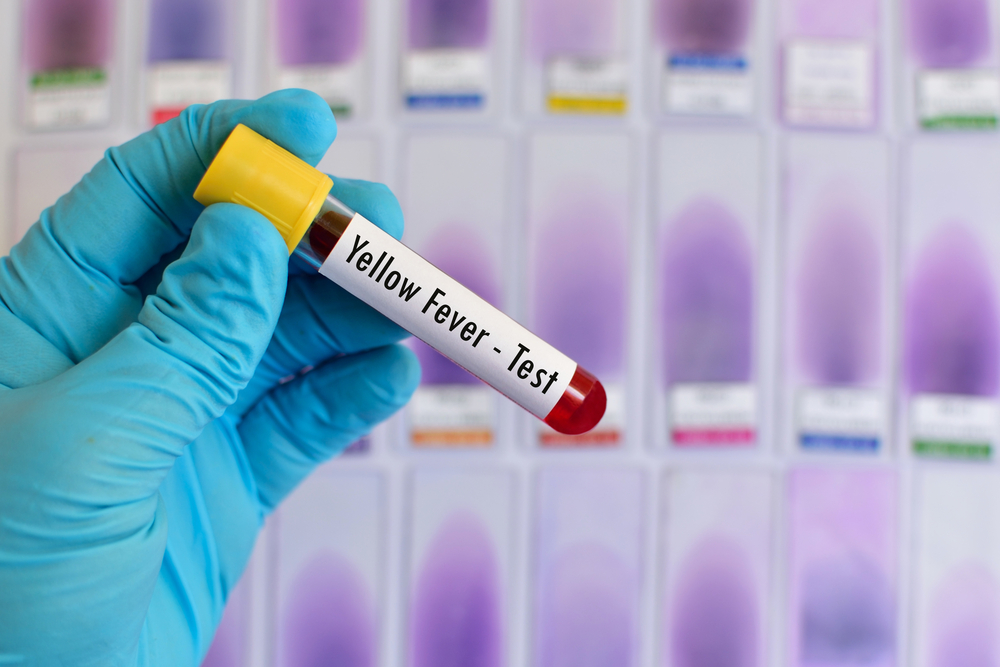
Researchers at Princeton University recently found a critical role for a new immune signaling pathway in controlling infection by the flavivirus Yellow Fever Virus (YFV).
“An improved understanding of the complex mechanisms regulating YFV-17D attenuation will provide insights into key viral-host interactions that regulate host immune responses and infection outcomes, [and] open novel avenues for the development of innovative vaccine strategies,” Alexander Ploss, assistant professor at Princeton’s Department of Molecular Biology, said.
To determine the role of type III interferons (IFNs) in controlling YFV infection, researchers studied mice that lacked type III receptors. They found that the mice were able to quickly fight off the infection, suggesting that type III IFNs alone are not responsible for control of the infection.
They also found that mice lacking both type I and type III receptors could not control the infection, suggesting that type III IFNs do play some role.
Ploss’ team also found that mice that were missing both type I and III receptors had more brain infection than those that were only type I-deficient. This shows that losing type III receptors made type I-deficient mice more susceptible to brain infection.
The researchers observed, that in type I/III receptor-deficient mice, the blood-brain barrier was especially leaky and that several different kinds of immune cells, including T cells, became significantly imbalanced.
“We uncovered a critical role of type III IFN-mediated signaling in preserving the integrity of the blood brain barrier and preventing viral brain invasion,” Ploss said.




